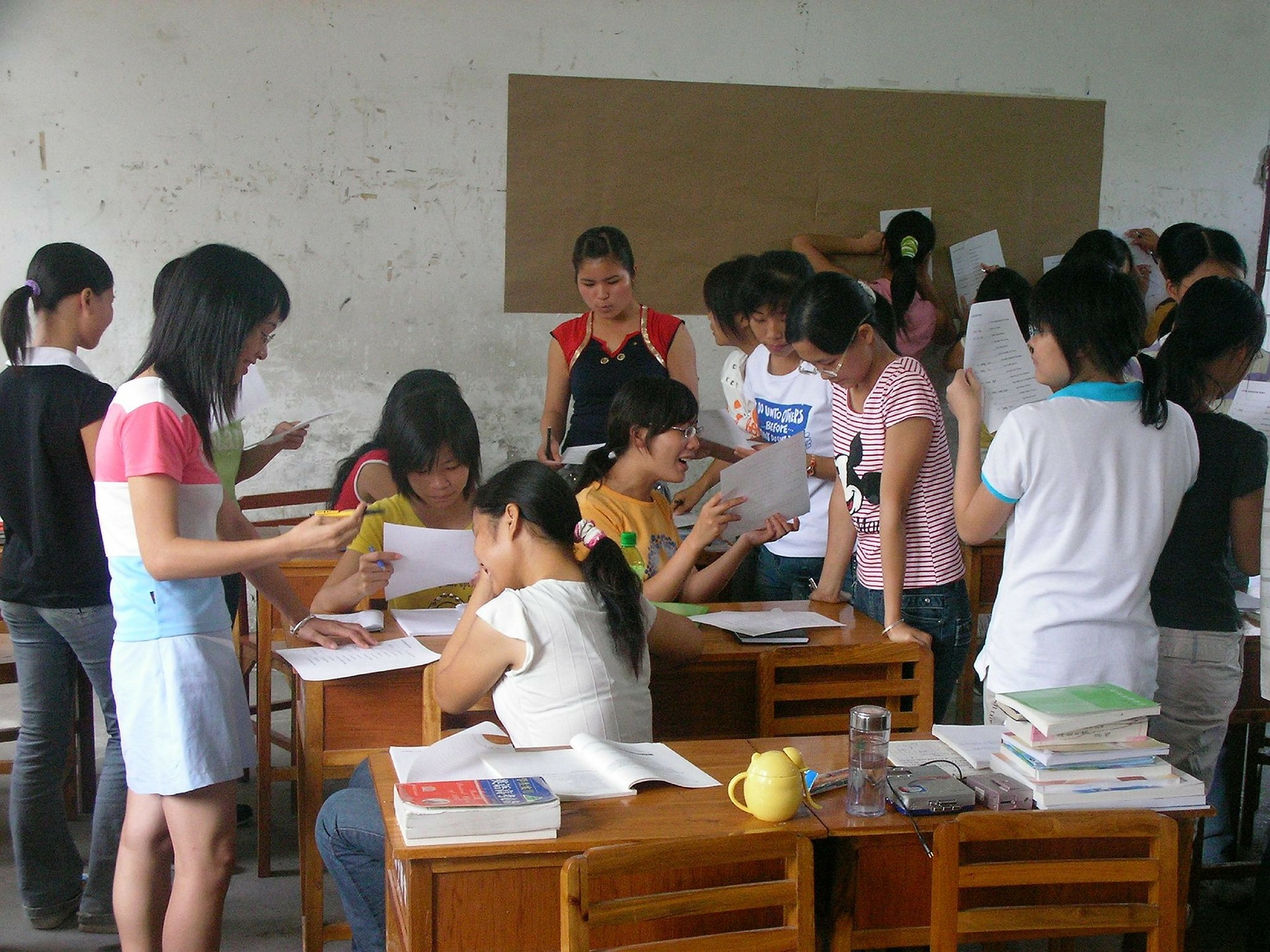How do you define quality education?
Many countries have adopted the yardstick of quality by quantifying success through the OECD’s PISA (Programme for International Student Assessment)standardised tests. The Pisa tests were taken by 500,000 15-year-olds in 68 countries. The PISA test results rank countries accordingly. The higher on that list, the better your education would be. A low ranking can have serious political implications and cause a loss of confidence among the populace.
Do the rankings really matter?
A cursory reading of the report and the surrounding news stories would seem to indicate a strong the relationship between PISA and economic. Correlations between high PISA rankings and “hard” variables such as GDP, performance, productivity – these are easy to formulate. However, if we agree that the success of modern-day economies is grounded on more than children’s ability to read, write and do maths, what other elements might we draw up and how might we assess their impact or existence? This could lead to another fundamental view and that is societies are more than just their economic performance.
Such arguments though need not create a contrast of opposing thought. Such an idea would essentially create a false dichotomy. High standards in Mathematics, Reading and Writing need not be mutually exclusive of other skills and societal aspirations for students. The UN Thematic think piece entitled Education and skills for inclusive and sustainable development beyond 2015 Make the point that although targets should be set, they can arguably only be realistically set at the national level. The target may vary, but the overall goal must address the fundamentals or as some would regard essentials.
“improving all aspects of the quality of education and ensuring excellence of all so that recognized and measurable learning outcomes are achieved by all, especially in literacy, numeracy and essential life skills” (EFA Goal 6)
Belgium ranks third-best among the 35 OECD countries, well above the EU and world averages, with the highest level of pre-school participation, good teachers and a broad and flexible higher education system. Interestingly though they have chosen to take a more holistic approach to define quality while at the same time not compromising on the rigour in the essentials.
While some jurisdictions maybe trying to grapple with their education systems to ensure enough equality of access other jurisdictions, including Bermuda, face well documented emerging challenges. , the demand for skills is migrating to non-routine cognitive and interpersonal skills, since many jobs are being lost to automation. Curricula in schools do not normally consider this change and education systems do not have the tools to address these more sophisticated skills.
Our world is becoming more and more complex, and so higher and higher levels of educational achievement will be needed to be in control of one's own life, to understand one's culture, to participate meaningfully in democracy, and to find fulfilling work.”
Mark Scott
It is not possible for educational leaders and Ministers of education to predict the future needs of industry in a rapidly evolving and frenetic era. We must though try and prepare children for a future that is less defined and mapped out. A future where present norm may not be the same in 25 years time or even 10. We only have to look at the automation of shipping to know that a maritime navy career may not be a career for life.
Adapt and Thrive
We must though prepare the youth to adapt and thrive in this uncertain future, and eventually solve these major societal issues, we need to help them develop new 21st century skills and competencies. Knowledge will still be important. But critical thinking skills, such as creativity and complex decision making, will be even more important. Leadership and social skills, including working cohesively with others and collaborating across borders, will be critical. As will the ability to quickly understand complex information, learn to use it, and adapt. All of these skills paired with character traits and competencies such as grit and courage will determine success in the future.
Further Reading
Claudia Costin Professor of Practice in Education - Harvard Graduate School of Education
Takes up this theme in an interesting paper. Read more
Preparing today's students for tomorrow's world Read more
The is a plethora of thought about education quality. The World Bank narrowed it down to The Six A’s of Quality Education
This research group is part of the University of Bristol's, Research Centre for Comparative and International Research in Education (CIRE). The main focus to date has been closely related to the study of education and human development in small states throughout the Commonwealth, in Europe and elsewhere. Thirty-two of the 54 members of the Commonwealth are classified as small states.


